Supplemental Instruction
 Housatonic's Supplemental Instruction (SI) Program develops academic support communities of higher-level thinkers and self-empowered learners. This self-selecting, course-specific, peer-led program seeks to promote active, collaborative learning involving critical thinking and transferable study skills. Its efforts are aimed at helping students pass these courses at a higher rate and thus improving their retention rate.
Housatonic's Supplemental Instruction (SI) Program develops academic support communities of higher-level thinkers and self-empowered learners. This self-selecting, course-specific, peer-led program seeks to promote active, collaborative learning involving critical thinking and transferable study skills. Its efforts are aimed at helping students pass these courses at a higher rate and thus improving their retention rate.
We want you to succeed in your courses. Let us help you for FREE! Coming to SI once a week has benefits such as raising grades, retaining more information, and getting to know your peers. We recommend attending SI once a week!
Supplemental Instruction is...
- Weekly study sessions led by a peer who has successfully taken the course.
- An informal study group where it's ok to make a mistake.
- A place to share study tips.
- A way to grasp tough material and break it down into understandable segments.
- A way to save time, money and frustration.
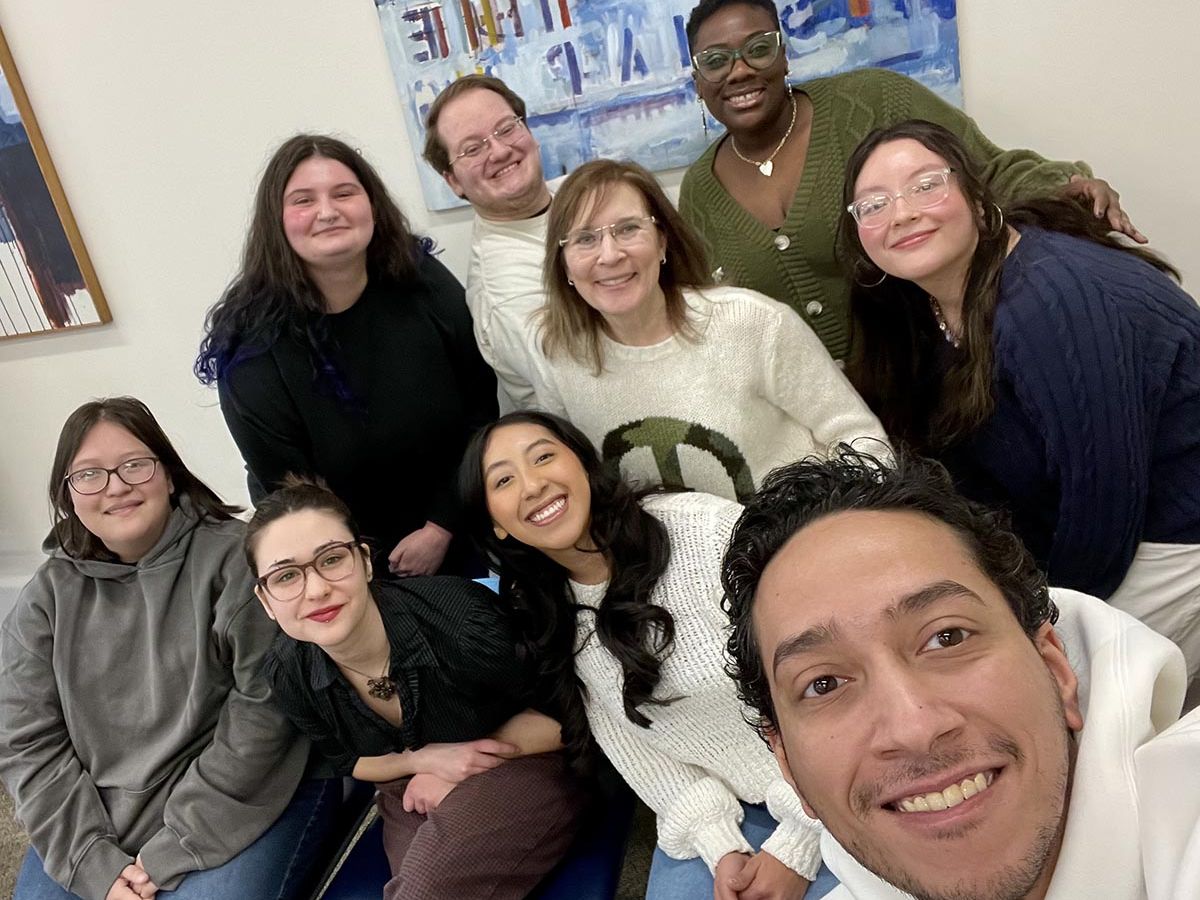
SI Statistics
- When asked, "If I had not come to SI, I think my grade would have been..." 89% of students said they felt their grade would have been lower.
- In response to the question "Has SI helped you improve as a student?", 93% responded positively, saying that their comprehension improved, their confidence grew, and that they found it easier to retain knowledge.
- On average, 95% of the students who attended SI session regularly (8 or more times) earned a C or better in the course. About half of those students earned an A or B.
Supplemental Instruction:
- focuses on large courses with high rates of D, F and withdrawal (DFW) grades to link with the SI Program
- helps students earn a higher course grade than their peers who did not attend, in particular, those students who attend the study sessions weekly
- reduces the DFW rates for students attending SI study sessions
- contributes to the improvement of retention rates for students attending the SI study sessions by providing an active, engaging, inclusive learning environment that promotes critical thinking and shared, transferrable study strategies
- reinforces student leaders’ knowledge of course material and leadership abilities, as well as develop creative thinking skills
- builds strong relationships with SI-linked faculty by helping them to appreciate the benefits of SI as well as the struggle students may have with the course material
As a result of participating in supplemental instruction, students will:
- increase their understanding of course concepts, apply them to different sets of problems, and understand how concepts from different disciplines connect (science, technology, and math; integrative knowledge)
- develop critical thinking skills that mature beyond memorization in a way that enables them to evaluate, analyze, and demonstrate evidence of their learning (critical thinking, quantitative reasoning)
- acquire transferrable study skill behavior, which will allow students to become more confident in their approach to mastering future difficult material (self-efficacy, self-advocacy)
As a result of serving as supplemental instruction facilitators, student leaders will:
- develop creative thinking skills as they design study session plans that involve taking risks, navigating challenges, providing a variety of activities, and enhancing collaboration (creative thinking)
- enhance critical thinking skills as they set and assess learning objectives for their study sessions based on Bloom’s Taxonomy of higher-level thinking (critical thinking)
- develop professionally by improving their oral and written communication skills as they attempt to explain concepts and organize activities (oral communication)
- build their leadership skills as they facilitate group participation and collaboration, and as team leaders organize and conduct discipline-specific team meetings around sharing best practices (leadership and teamwork)
To improve SI and ensure that progress is being made toward the aforementioned goals and desired learning outcomes, a comprehensive assessment plan is conducted. The following assessment practices will be initiated and/or continued this year:
- Report comparisons of course grades for the SI attendees according to the number of times they attended the study sessions (0, 1-2, 3-4, 5-7, and 8 or more)
- Report comparisons of DFW grades for those who attended SI study sessions versus those who did not
- Examine students’ perception of understanding of course material having attended SI study sessions through the end-of-spring survey
- Examine students’ perception of their acquisition of transferrable learning strategies through the end-of-spring survey
- Examine the professional growth of SI leaders and their creative thinking skills through reflection journals and portfolios
- Examine mid-course surveys before major exam periods in order to determine why some students only attend sporadically
- Examine the most recent Summer DFW rates to determine which courses are most in need of SI
- Utilize focus groups to see whether students find SI useful and to determine what aspects of an SI session help them improve
- Examine SI participants vs. non-participants within the overall at-risk student population to compare academic performance
- Compare academic outcomes of SI participants and non-participants who have similar characteristics within individual courses
SI contributes to the institutional goal of enhancing retention rates, graduation rates, GPA success, and satisfaction levels of HCC students by:
- offering peer-led, weekly academic study sessions for students enrolled in challenging courses, allowing them the possibility of graduating at a faster pace
- providing an environment where students learn to ask thoughtful, course-specific, conceptual questions of themselves and each other and become more invested in their own learning
- increasing students’ confidence in attacking tough course material by being aware of how they study and how those strategies can apply to other courses
- enhancing leadership skills, job opportunities, and professional interactions for students
- providing workshops on study strategies and create an inclusive learning environment for the two-day pre-semester SI leader training
- encouraging faculty to:
- understand the function and best practices of the SI program
- consider linking their course with the SI program
- help with the interviewing and selection of student leaders
- participate in the faculty social events before and following the semester
- communicating with academic advisors to solicit suggestions on SI course links
- promoting the study sessions by presenting at the following events: New Student Orientation and Freshman Seminar
Become a Supplemental Instruction Leader
We're looking for positive, mature, self-motivated students with great attendance, strong subject knowledge and enjoying working with their peers to become SI leaders. Leaders facilitate engaging workshops, attend all classes, take accurate notes and understand all classroom assignments.
Participating as an SI leader is an impressive resume builder, offers emotional and intellectual fulfillment and leaders GET PAID!
For more information, contact Kristen Carley at kristen.carley@ctstate.edu.
Meet Our Current Leaders
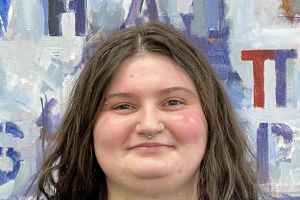
Courtney Holman
General Chemistry II

Jamison Hoover
Intermediate Algebra
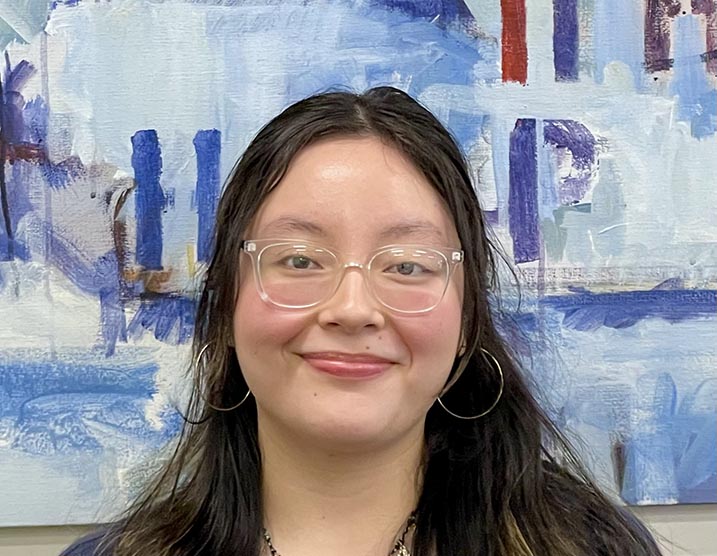
Katherine (Kat) Beltran
Introduction to Criminal Justice
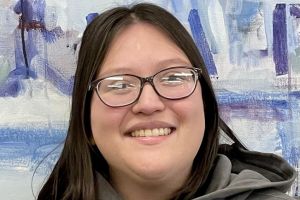
Sherlyn Mayen
Biology

Sheyla Mendez
Intermediate Algebra
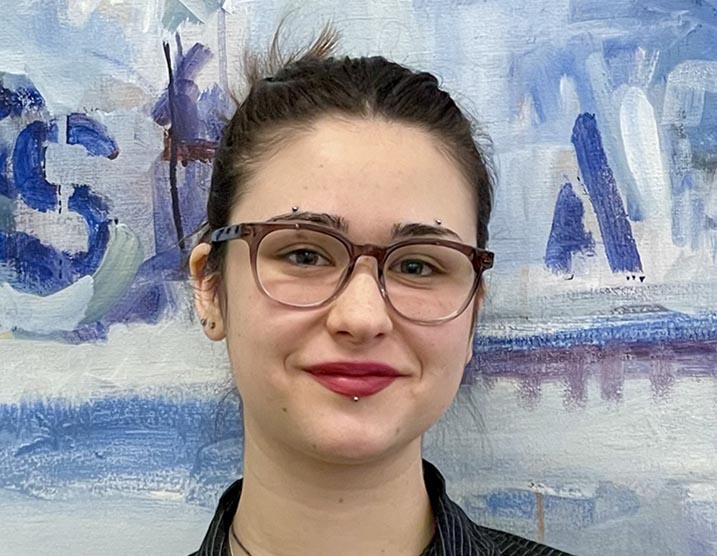
Isabelle (Bella) Musto
Statistics I

Youssef Saudi
Cell Biology

Leandre (Leah) Camacho
College Algebra
Current Classes Offering Supplemental Instruction
Arts and Humanities
- Graphic Design
Business
- Principles of Financial Accounting
- Intermediate Accounting
Behavioral and Social Sciences
- Introduction to Criminal Justice
- Observation and Documentation and Assessment of Young Children
- World History
Math and Science
- Introduction to Biology
- Anatomy and Physiology I
- Anatomy and Physiology II
- Elementary Algebra Foundations
- Intermediate Algebra
- Calculus I
- Calculus II
- Calculus-Based Physics I
- Calculus-Based Physics II
- General Psychology I